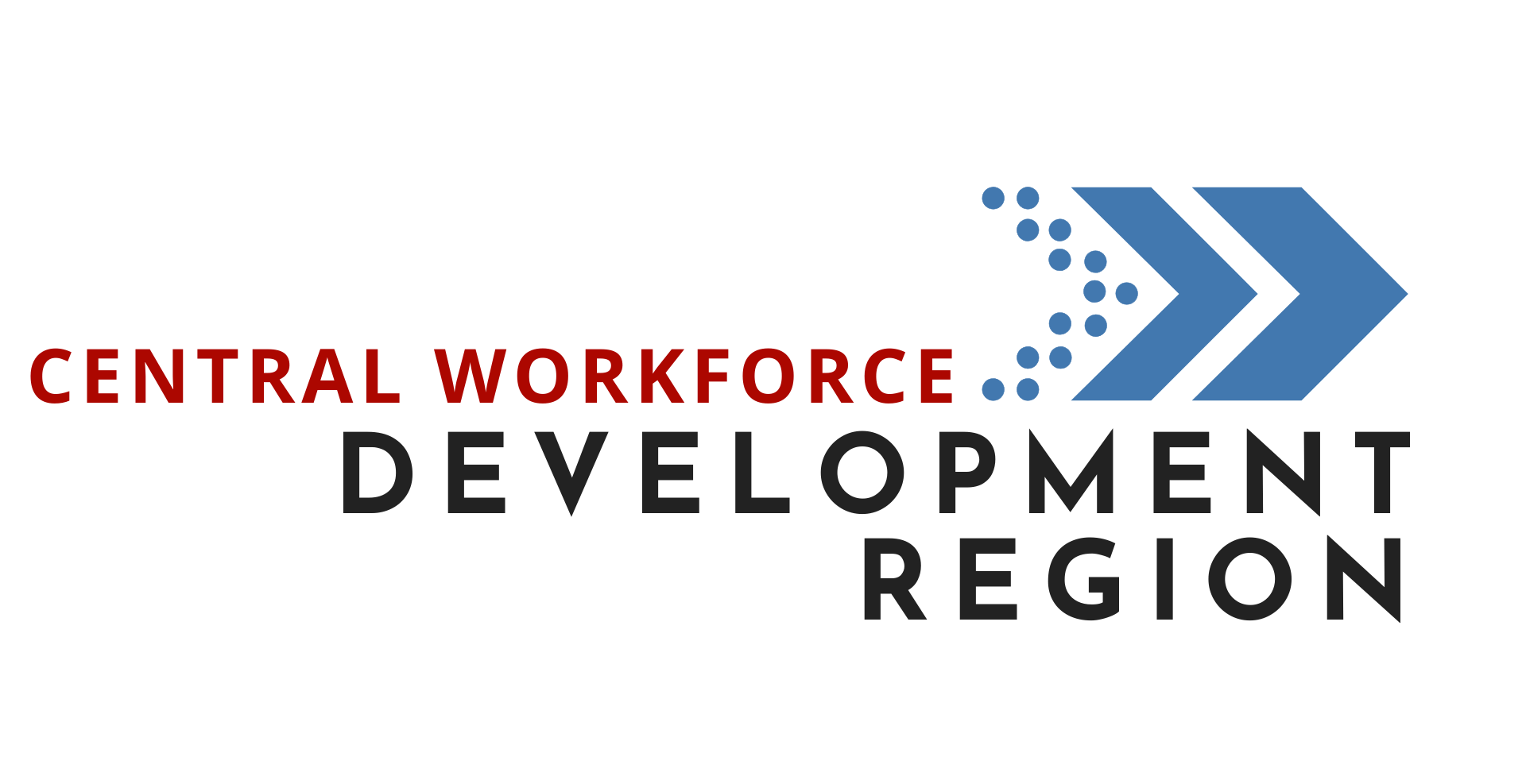Hired
The Department of Higher Education and Workforce Development (DHEWD) is taking apprenticeships to the next level, preparing employees for jobs while meeting the needs of business for a highly-skilled workforce.
What?
It’s an industry-driven, high-quality career pathway in which workers can obtain paid work experience, classroom instruction, and a transferable credential while job creators develop and prepare their future workforce.
Why?
The apprenticeship model is leading the way in preparing American workers to compete in today’s economy. Due to direct employer involvement in the educational process, apprenticeship programs keep pace with advancing technologies and innovations in training and talent management.
How?
Job seekers are matched with employers or training providers in their desired industry. Job seekers receive training, while receiving employment and employers have the opportunity to lead and train their next great team member. It’s a win-win for everyone!
National Rank in Number of New Apprenticeships
Active Apprentices
Registered Programs
Employers
Training Providers
Apprenticeship is an established, time-tested career pathway.
Help potential apprentices find success by encouraging them to pursue an apprenticeship and use our service to connect them with valuable opportunities in Central Missouri.
Employers
Apprenticeships are your way to connect with and equip your future workforce.
Today, organizations across Central Missouri offer apprenticeship opportunities to help ensure they have access to the skilled workers they need to succeed in tomorrow’s economy. Missouri Apprentice Connect makes it easier than ever to find the apprentices you need.
App seekers
An apprenticeship is your bridge between school and a profitable career—or a great pathway if you are seeking a career change.
Fortunately, organizations all across Central Missouri offer apprenticeship opportunities. Don’t miss this chance to connect with employers, learn valuable skills in a variety of industries and get a head start on your future!
Apprenticeship missouri goals
Increase overall educational attainment
Prepare people for work in high-demand fields
Offer more certificate and alternative credential program
Align educational requirements with buisness’ needs
Align K-12, higher education, and the workforce system
Increase apprentices
Create, expand, and support programs with the highest need
Engage with Missourians dislocated from the workforce or educational system
Train current employees
5 Core components of registered apprenticeships
Employer Driven
Employers play an active role in building each program.
Structured On-the-Job Training
Employers play an active role in building each program.
Related Technical Instruction
Apprentices receive tehcnial and academic instruction that applies to the job and can be provided by a college or university, a technical school, an apprenticeship training school – or by the business itself. It can be provided at the school, online, or at the job site.
Rewards for Skill Gains
Apprentices receive an increase in pay as their skills and knowledge increase. Apprentices are rewarded and motivated by wage increases as they learn more and increase productivity.
National Occupational Credential
Every Registerd Apprenticeship graduate receives a nationally recognized credential for mastering required skills and demonstrating required knowledge to be fully proficient in the specific Registered Apprenticeship occupation.
The best part of my experience has been the freedom with it. It’s a lot better than the classroom. Learning on the job is awesome.”
TOP FIVE QUESTIONS ABOUT REGISTERED APPRENTICESHIPS
1) What occupations are apprenticeable?
The United States Department of Labor (USDL) recognizes over 1,300 occupations as apprenticeable, covering a variety of industries.
2) What is the earliest age that an individual can start as an apprentice?
Apprentices can begin as early as 16 and must be in pursuit of their high school diploma or equivalent. All workers under the age of 18 must obtain a work permit and the RA sponsor must ensure the program conforms to all federal and state child labor laws.
3) Can an apprentice earn college credit?
Many apprenticeship programs are linked to postsecondary credentials and the opportunity to earn credit toward a two-year or four-year degree. Some apprenticeship programs are sponsored by the training providers that offer articulated credit for apprenticeship experience.
4) Who pays for an apprenticeship?
Registered Apprenticeships are designed for the employer to invest in the training of the apprentice. There are many resources that can be tapped to find the cost of training. Traditionally apprenticeships should exit an apprenticeship program with no debt.
5) What is the difference between an apprenticeship and an internship?
Apprenticeships are full-time employment combined with on-the-job learning and related classroom instruction. Internships are planned structured learning experiences within a workplace that exist for a limited period of time. Some internships are paid and some are unpaid. All Registered Apprenticeships are paid and result in a USDOL credential.
Jobs

Contact Us
1107 Kingshighway, Rolla, MO 65401
(573) 426-2946
sundijo@cwdregion.com
Central Workforce Development Board, Inc. and COPIC are equal-opportunity employers/programs. Auxiliary aids and services are available upon request to individuals with disabilities. Missouri Relay Services at 711. If needed, call M. Korin Ell at 573-426-6030 ext. 2 for assistance in the translation and understanding of the information in the document(s) you have received. Si necesita asistencia para traducir y entender la información contenida en el documento(s) que recibió, llame al M. Korin Ell 573-426-6030 ext 2.

